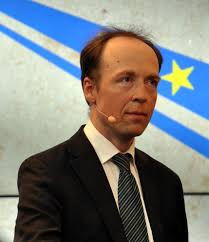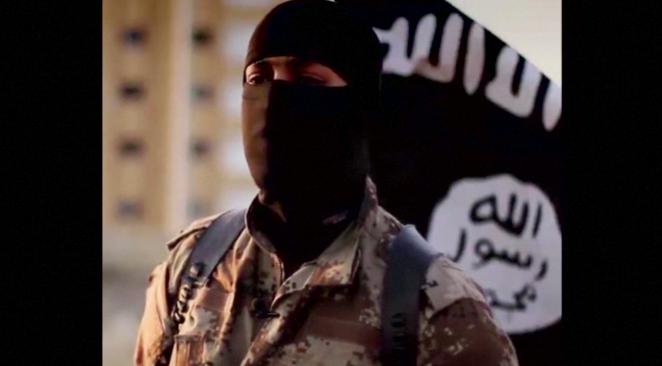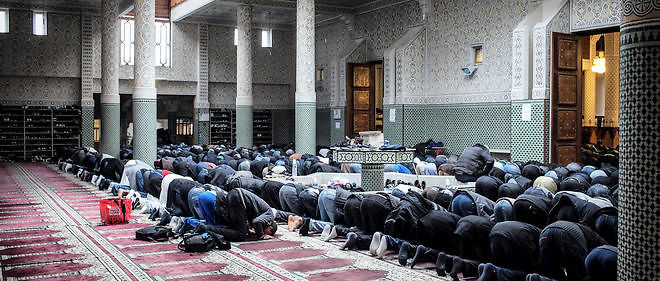By Kevin Sullivan Said Mansour, a slightly built man with a bushy beard, believes Muslims have a right to kill Americans in Iraq because, he said, “This is war; it’s not a picnic.” So, he explained in an interview last week, he had no qualms about downloading and making CDs of Internet videos depicting beheadings in Iraq and speeches by Abu Musab al-Zarqawi, the terrorist mastermind behind much of the Iraqi insurgency. Now, Danish police intend to make Mansour, 45, a Moroccan-born Danish citizen, the first person ever charged under an antiterrorism law enacted in 2002 that forbids instigation of terrorism or offering advice to terrorists. Police sources said Mansour would probably be charged for distributing CDs that contained the inflammatory jihadist speeches and gruesome images. The law contains curbs on free speech that are remarkable in a country famous for tolerating all points of view. It illustrates how democracies across Europe are adopting tougher measures in an era of rising extremist violence, despite protests that civil liberties are being sacrificed in the process. The 2004 Madrid train bombings, which killed 191 people, and the London bombings in July, which killed 56 people, including the four bombers, have added new urgency to the issue. “We have to look at reality,” Rikke Hvilshoj, Denmark’s minister of refugee, immigration and integration affairs, said, noting that some have abused Denmark’s free speech guarantees to encourage violence and killing. “The day we don’t have freedom of speech, the fundamentalists have won,” she said. “On the other hand, we can’t be naive.” Experts said the debate about how to balance antiterrorism protections with individual freedoms is at the top of the agenda for European nations. The issue is particularly acute in Denmark, Italy and Poland – which have troops in Iraq as part of the U.S.-led military coalition and fear they could be the next target – and in Spain, following the train attacks there. “The mood has shifted in Europe more toward security than it was before the London bombings,” said Daniel Keohane, senior research fellow at the Center for European Reform in London. France, with Europe’s largest Muslim community – 6 million people – recently announced plans to strengthen its anti-terror laws, already among Europe’s strongest. Britain now plans to ban or deport those who incite terrorism, close bookshops or places of worship used by radical groups and criminalize speech that “foments, justifies or glorifies” terrorism. Human rights groups and Muslim civic leaders called those measures too broad. “What may be seen as a glorification of terrorism by one person might be seen as an explanation of the causes of terrorism by another person,” said Azzam Tamimi, a senior leader of the Muslim Association of Britain. A recent survey found that 80 percent of Danes supported the new laws to battle terrorism and control immigration. In Britain, 73 percent polled by the Guardian newspaper in mid-August said that they were willing to give up some civil liberties to improve security.
Denmark Decides Free Speech Has Limits In World With Terror; Many In Europe Debate The Balance Of Security And Personal Freedom






